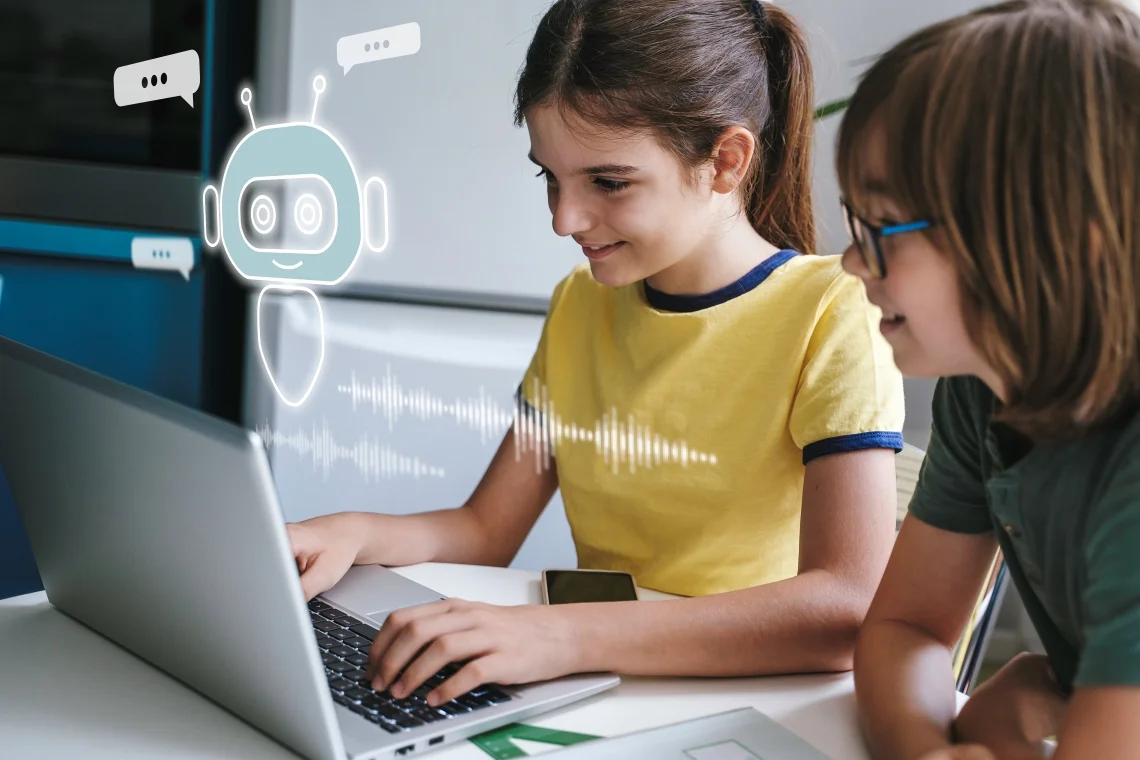
Estonia Launches AI Education Drive, Rejects Phone Bans to Lead Europe’s Digital Learning Revolution
- Life & Style
- May 26, 2025
- No Comment
Estonia Launches AI Education Drive, Rejects Phone Bans to Lead Europe’s Digital Learning Revolution
Report by Safarti Tarjuman International Desk
Estonia, now recognized as Europe’s highest-ranking nation in education, has unveiled a groundbreaking national strategy to incorporate artificial intelligence into classrooms while firmly rejecting mobile phone bans in schools. The new initiative, named AI Leap, is set to equip students and educators with cutting-edge AI tools and digital literacy training over the next three years.
Beginning in September, the AI Leap program will provide personalized AI accounts to 16- and 17-year-old students. By 2027, the government aims to reach over 58,000 students and 5,000 teachers with free access to advanced AI tools developed in partnership with tech leaders like OpenAI. Teachers will also undergo extensive training focused on AI ethics, self-directed learning, and digital equity to support this transformation.
Unlike many other European countries that impose restrictions on mobile devices in schools, Estonia encourages their use in educational settings. Smartphones are actively integrated into classroom learning, allowing students to conduct research, access AI platforms, and participate in digital projects. This approach reflects Estonia’s long-standing embrace of technology and its commitment to preparing students for a rapidly evolving digital world.
Education and Research Minister Kristina Kallas, speaking at the Education World Forum in London, highlighted the cultural openness of Estonia toward technology. She stated that mobile devices are essential to the country’s digital learning strategy and civic engagement. “Telling 16-year-olds to vote online in local elections but banning phone use in class would be contradictory,” she remarked.
Kallas emphasized that local schools manage phone use independently, often allowing devices during lessons while restricting them during breaks. For younger students under age 13, guidelines are provided to ensure responsible usage, but no national ban has been introduced.







